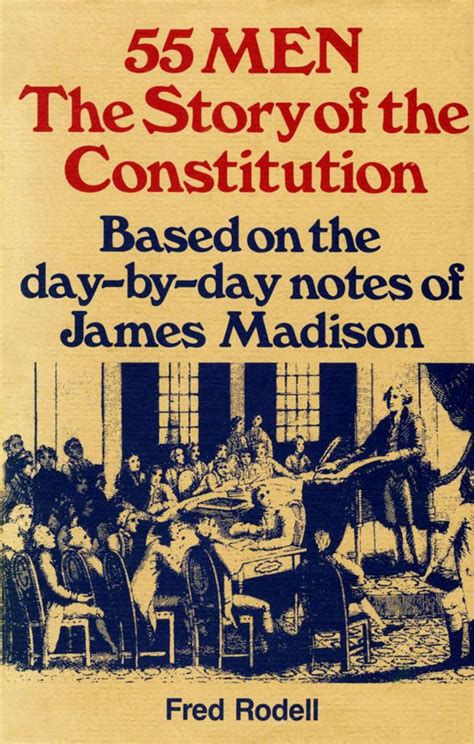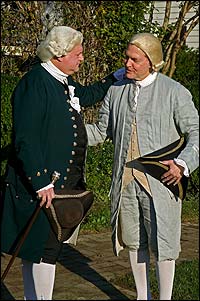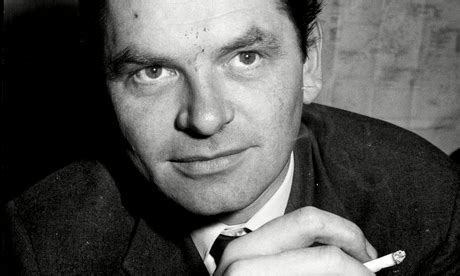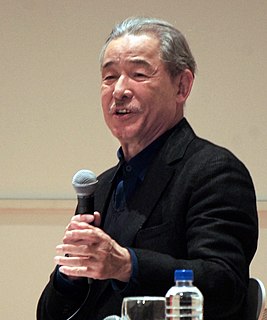A Quote by Edmund Burke
The power of perpetuating our property in our families is one of the most valuable and interesting circumstances belonging to it, and that which tends most to the perpetuation of society itself. It makes our weakness subservient to our virtue; it grafts benevolence even upon avarice. The possession of family wealth and of the distinction which attends hereditary possessions (as most concerned in it,) are the natural securities for this transmission.
Related Quotes
The world that we live in is full of distractions and pleasures that pull us away from a spiritual life. Even our jobs which are a very necessary and important part of our lives can end up being the altar at which we pray. They consume most of our waking hours and provide the income on which we are dependent in order to take care of our families.
It is the lawyers who run our civilization for us -- our governments, our business, our private lives. Most legislators are lawyers; they make our laws. Most presidents, governors, commissioners, along with their advisers and brain-trusters are lawyers; they administer our laws. All the judges are lawyers; they interpret and enforce our laws. There is no separation of powers where the lawyers are concerned. There is only a concentration of all government power -- in the lawyers.
The most important fact about our shopping malls, as distinct from the ordinary shopping centers where we go for our groceries, is that we do not need most of what they sell, not even for our pleasure or entertainment, not really even for a sensation of luxury. Little in them is essential to our survival, our work, or our play, and the same is true of the boutiques that multiply on our streets.
If therefore our houses be houses of the Lord, we shall for that reason love home, reckoning our daily devotion the sweetest of our daily delights, and our family worship the most valuable of our family comforts. This will sanctify to us all the conveniences of our houses, and reconcile us to the inconveniences of it.
I have always been interested in conducting research that yielded new methods by which to make cloth, and in developing new materials that combine craftsmanship and new technology. But the most important thing for me is to show that, ultimately, technology is not the most important tool; it is our brains, our thoughts, our hands, our bodies, which express the most essential things.
If sometimes our great artists have been the most critical of our society, it is because their sensitivity and their concern for justice, which must motivate any true artist, makes him aware that our nation falls short of its highest potential. I see little of more importance to the future of our country and our civilization than full recognition of the place of the artist.
Why shouldn't I be interested in politics? That is to say, what blindness, what deafness, what density of ideology would have to weigh me down to prevent me from being interested in what is probably the most crucial subject to our existence, that is to say the society in which we live, the economic relations within which it functions, and the system of power which defines the regular forms and the regular permissions and prohibitions of our conduct. The essence of our life consists, after all, of the political functioning of the society in which we find ourselves.
We throw our parties; we abandon our families to live alone in Canada; we struggle to write books that do not change the world, despite our gifts and our unstinting efforts, our most extravagant hopes. We live our lives, do whatever we do, and then we sleep--it's as simple and ordinary as that. A few jump out of windows or drown themselves or take pills; more die by accident; and most of us, the vast majority, are slowly devoured by some disease or, if we're very fortunate, by time itself.










































